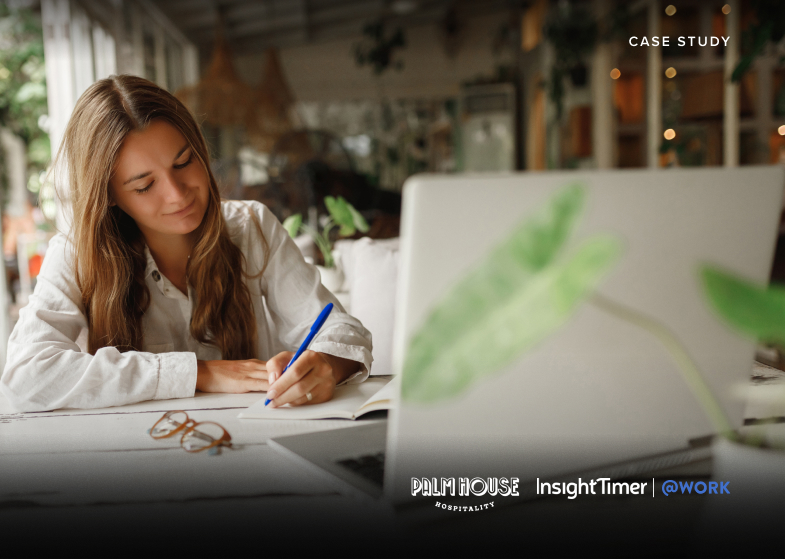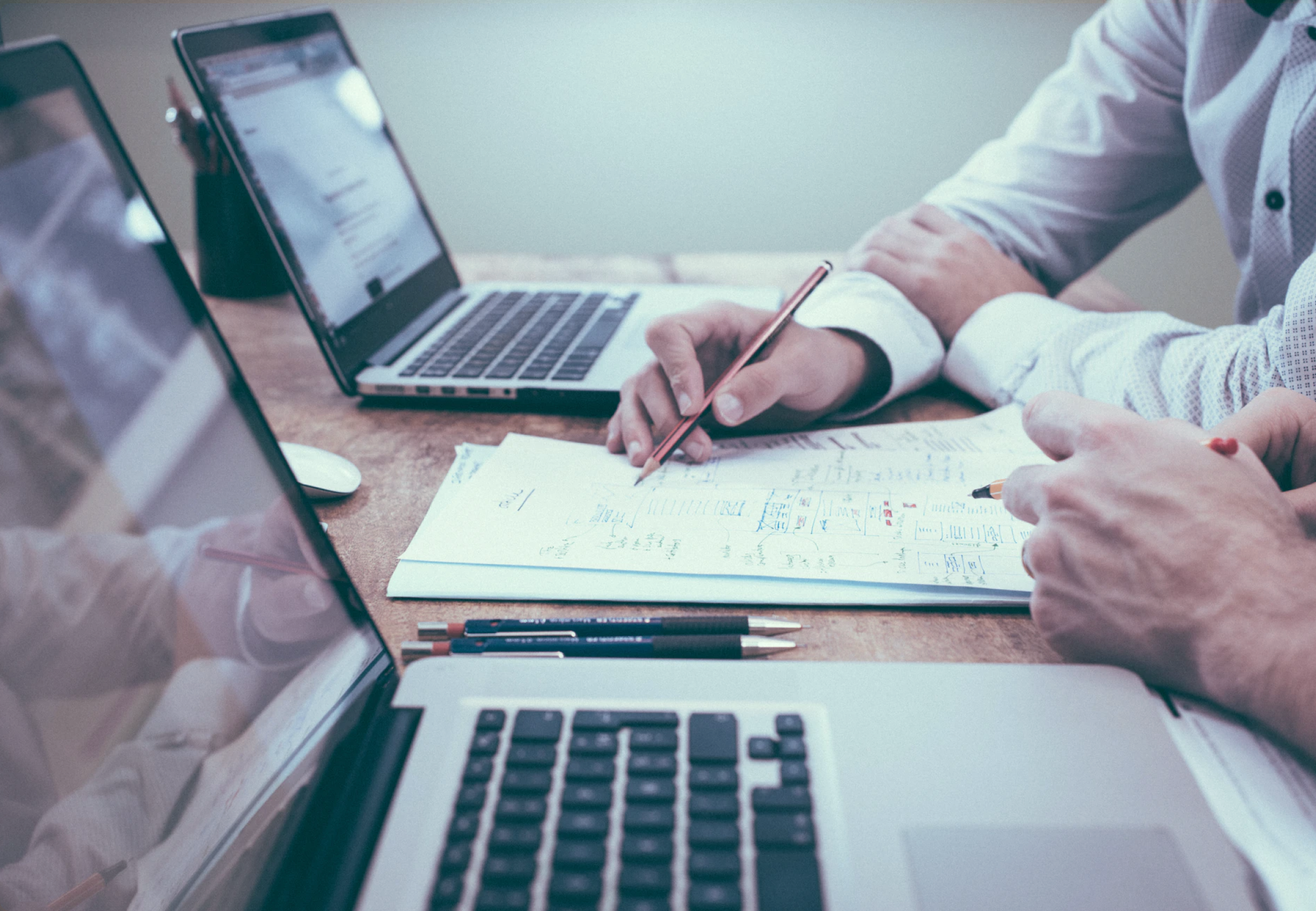When Benson Wang co-founded Palm House Hospitality in San Francisco in 2018, wellness was at the core of the restaurant group’s mission statement “better lives through better leisure.”
“We saw a need for our guests, primarily millennials at the time, to disconnect from their screens and forge real human connection at our venues,” explains Wang. “Back then, statistics showed that 12% of the demographic had diagnosed anxiety disorders and 75% were constantly connected, spending about 4 hours on their phones per day.”
When COVID-19 shut down hospitality venues in 2020, a mission about wellbeing and leisure could not seem farther off for restaurant workers who now faced job insecurity. But Wang witnessed his crew using the wellness habits instilled on the job to navigate the pandemic lockdown with resilience. “By taking care of ourselves, we can take care of others,” says Wang.
‘Others’ included the business: Wang was able to retain all of his employees at his open properties.
In this conversation with Insight Timer, Wang talks about building Palm House Hospitality’s company culture to include conscious eating, sleeping, exercising, digital consumption, and leisure habits at work.
Insight Timer: To start out, tell us about the part that mindfulness plays in the day-to-day operations at Palm House Hospitality’s restaurants.
Benson Wang: We encourage our team to schedule walking meetings, take breathing breaks, express gratitude, champion one another and practice conscious communication. We’re currently creating daily wellness touchpoints and micro goals including branded wellness GIFs — breathing exercises and such — that will be part of our onboarding process.
IT: What effects did you notice either right away or gradually?
BW: We introduced different modalities of wellness to our team by having speakers and practitioners attend our management meetings and then started integrating meditation into the agenda. It’s been a gradual process of growth over the past three years. Many of our employees have begun integrating healthy lifestyle choices which have had a positive impact on their lives. This Includes mindfulness, fitness, and a whole foods-based diet. What’s most impactful, however, is seeing the team take their learnings and influencing those around them.
What resources did you use for meditations and breathwork?
BW: We sought out local experts to come and guide our team through different practices and incorporated apps like Insight Timer.
Why take it a step further and make a Mindfulness Month challenge?
BW: The restaurant industry has long made headlines for being rife with substance abuse, having a toxic culture, and being an industry with a high burnout rate. We saw Palm House Hospitality as an opportunity to innovate and create positive change. I found that the best way to inspire that change was by creating accountability through a community challenge.
What do you think motivated people to get and stay involved in it?
Each participant was assigned to a team. The groups provided inspirational stories, motivation, and support to one another on a daily and weekly basis.
We also had a scoreboard. We used a Google doc survey for each participant to log their daily mindfulness and participants were required to log their scores from the previous day before noon. Those numbers are tallied at the end of the competition to determine both a participant winner and a team winner.
Meditation is usually a solo activity. What do you and/or the participants like about making this a team ‘sport’?
We do a group meditation, but this challenge helped everyone understand how simple it is to make personal meditation part of your day and experience the benefits of it. It’s free and you can do it anytime!
What changes did you see after the challenge month versus the regular mindfulness rituals throughout the year?
The intense focus, accountability, and routine make everyone more conscious of what they are doing. Here is what we saw in behavior-changes according to the scoreboards:
- 67% of participants practiced gratitude 7 days per week
- There was a 54% increase in the amount of days participants exercised each week
- On average, participants consumed 33% less alcohol
- Participants consumed 30% less processed food
In March, San Francisco re-opened indoor dining after many months. What was it like running the challenge at such a busy time?
It was perfect timing! It enabled our team to be more tuned in and compassionate to the guest needs and provide them with joyful, nourishing experiences as we reopened.
What do you think holds the hospitality industry back from adopting mindfulness programs at the same rate as saying finance, media, and tech seem to be?
The innovation in hospitality up to this point has tended to be technical rather than social. There’s enormous potential for a cultural shift and we see our company as a change maker.
My advice to any hospitality manager reading this is to start small and stay committed. There are simple things you can begin doing today like showing gratitude to each team member or providing more nutritious staff meals. Do what you feel is right, follow your gut. Then, grow from there.
What has been the most inspiring effect from either the challenges or the habitual practices?
Our cook, Ulises, lost 100 pounds in the past year by bicycling and changing his diet. He has inspired the rest of the crew to eat more plant-based foods by preparing staff meals and nutritious smoothies. Wellness has a ripple effect.








